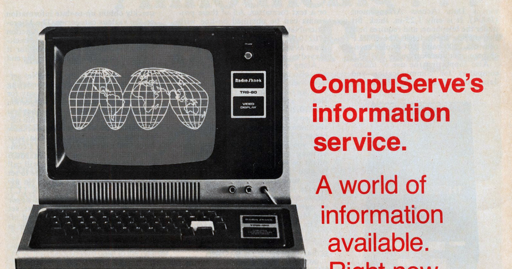

Same. Most of my media collection (TV series, movies, console video games) came from yard sales where I’d find the DVD/Blu-ray box sets for $10 or less. I’m just salty that streaming / digital distribution is chipping away at my frugal media habits lol.








I hate touch screens in general, so don’t get me started on how much I hate them in cars lol.